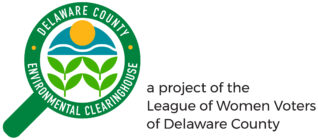Environmental Justice

Environmental justice is the fair treatment and meaningful involvement of all people regardless of race, color, national origin, or income with respect to the development, implementation and enforcement of environmental laws, regulations and policies.
Fair treatment means no group of people should bear a disproportionate share of the negative environmental consequences resulting from industrial, governmental and commercial operations or policies.
Meaningful involvement means:
- People have an opportunity to participate in decisions about activities that may affect their environment and/or health;
- The public’s contribution can influence the regulatory agency’s decision;
- Community concerns will be considered in the decision-making process; and
- Decision makers will seek out and facilitate the involvement of those potentially affected.
— U.S. Environmental Protection Agency
Current Status
- Environmental Lobbying Spending up, but Dwarfed by Energy Sector — Open Secrets — 02-15-24
- Environmental Justice a Key Theme Throughout Biden’s National Climate Assessment
- DEP Office of Environmental Justice Home Page
- DEP Office of Environmental Justice Areas
- DEP Office Environmental Justice Interactive Map
Paths Forward
- Empowering the Community with Environmental Tools — 2024 EPA Mid-Atlantic Virtual Summit
- Biden Administration making available money for cleanup
- LWVUS Comments on Proposed CEQ Environmental Justice Scorecard — 01-19-24
- Biden Administration Announces $2 Billion in Environmental Justice Grants — 11-22-23
- Justice40 at EPA
- Justice40 at Department of Transportation
